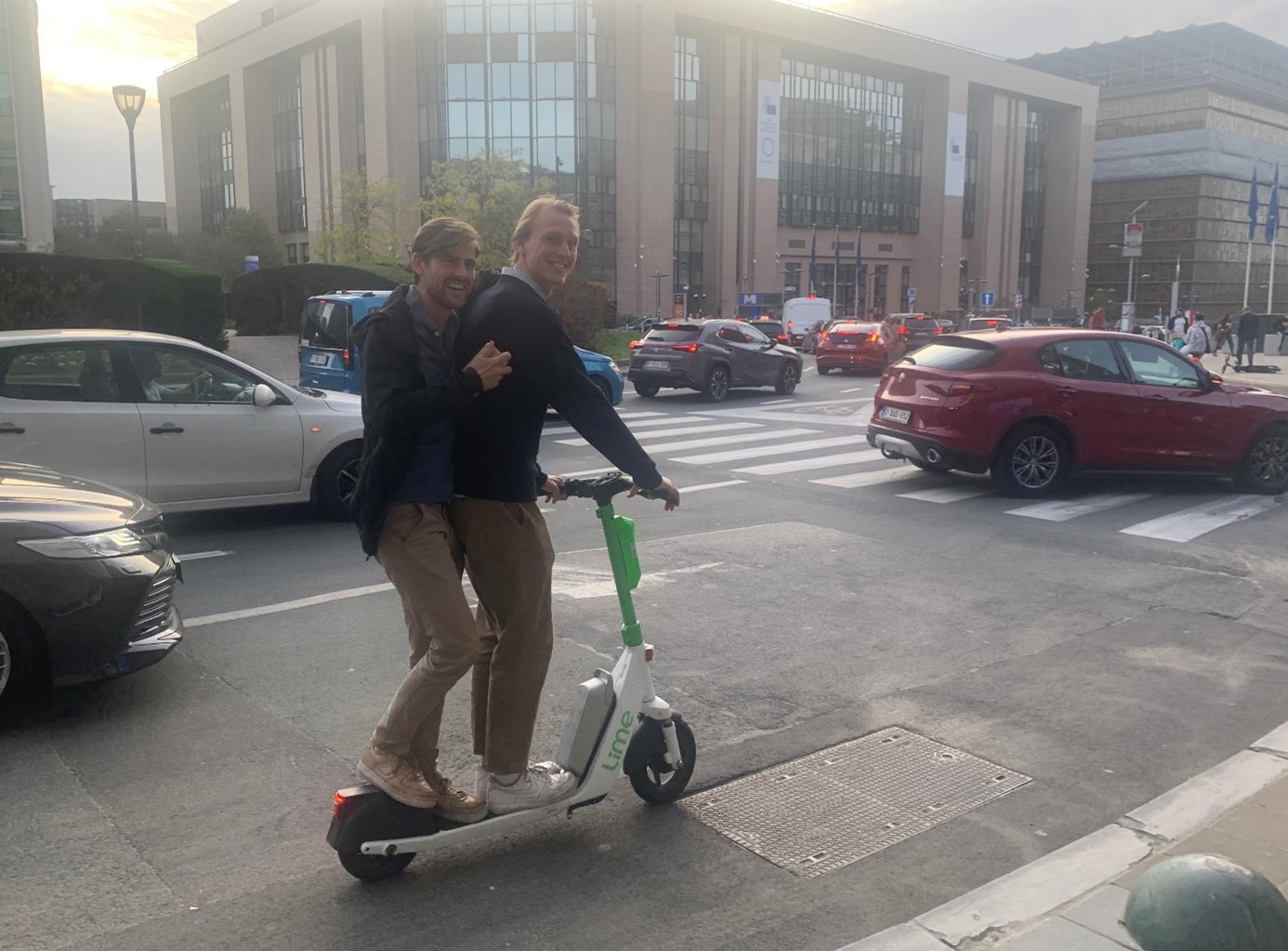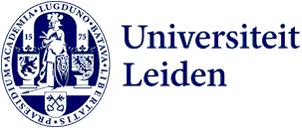
The European Union Studies Brussels study trip is back!
After two years of COVID-19 induced hiatus, the European Union Studies track of MA International Relations organized another successful study trip to Brussels. Over the course of three days the students had a chance to learn more about the EU institutions, meet lobbyists and interest group representatives working around those institutions, speak to the members of national representations in Brussels, experience Brussels nightlife and network with our alumni who already work there. A busy trip full of insights and discoveries!
Day 1: Committee of the Regions, European Parliament and European Trade Union Institute
On the first day we visited the Committee of the Regions and learned more about the intricacies of representation in the European multi-level polity. About 75% of all EU legislation is implemented by local and regional authorities. What say do they have in the development of this legislation? How do they cooperate to implement ambitious plans with vast cross-border effects, such as the European Green Deal? From the Committee of the regions we walked over to the European Parliament where we listened to a presentation on the role of the EP in the European Union, visited the hemicycle where the MEPs hold their sessions, and were joined by an alumnus of our programme who shared inside stories from the life of the European parliamentary assistant. Did you know that most votes in the EP are still done by a quick show of hands? We didn’t either!
During our visit to the Parliament we also met Dr Joanna Apap, Policy Analyst in the Strategy and Innovation Unit of the European Parliament Research Service, @EPthinktank. This fast growing in-house think tank of the European Parliament is a true treasure trove of information on the European Union and their traineeships are a great option for aspiring researchers to sharpen their chops. The first day ended with a visit to the European Trade Union Institute, the research and policy development arm of the European trade union movement. We talked to director Philippe Pochet about the ways in which digitalization and climate change are affecting workers in Europe, what the unions need to do to remain relevant and influence policy in Europe, and what young researchers can contribute to ensuring that the climate transition is a socially just one.
Day 2: Ready for a deep dive into EU politics
Day 2 started with a visit to Transparency International. Deputy Director Nick Aiossa walked us through the twists and turns of the EU policy process that all lobbyists and activists need to know if they want to get their voices heard. The next stop was the magnificent new building of the Council of the EU, which we were able to visit courtesy of the Belgian Permanent Representation. We were met by the Ambassador Mr. Willem van de Voorde and the spokesperson Mr. Alexander Brecx, who gave us a glimpse into what the national representations do, how the Council works, and what a relatively small country like Belgium can do to shape the outcomes of EU policy. From the Council we walked a short distance to the Commission, where we were received by Mr. Pierre Schellekens, head of communications unit in DG Energy and an alumnus of Leiden University. We discussed the Commission’s ambitious proposal to reduce EU’s dependence on Russian gas and create an EU-wide energy market, and learned more about the ways in which the Commission tries to steer EU policy among many competing interests.
We were ready for a deep dive into EU politics, and in the evening we met up with our alumni to hear the back-office gossip and learn what it’s really like to work in Brussels. Over dinner at Restaurant Kokob and over drinks on Place Luxembourg where the employees of EU institutions descend on Thursday evenings to unwind, socialize, and make informal deals, we gathered insider tips on how to make it through the Bluebook traineeship process, what a day in the life of a parliamentary assistant looks like, and what interesting career opportunities may exist beyond the main EU institutions.
-

In the European Parliament hemisphere with our guide -

Our alumni rock! 4 of them just from the last year’s cohort managed to get the European Commission’s super-competitive BlueBook traineeship -

Visiting the new building of the Council -

Brussels is not as bike-friendly as Leiden, but the scooters are just as fun
Day 3: Learning what professional skills are valued the most in Brussels
On day 3, despite the long night before, we made an early start to learn what the businesses do in Brussels and how they influence EU policy. We split into two groups, one heading to the office association of Dutch employers (VNO-NCW) in Brussels, the other to B2EU, a small consulting company that works to help private corporations access EU funds. We followed up with a visit to Bruegel, Brussel’s best known think tank for economic policy issues. We finished our trip with a visit to the Dutch Permanent Representation in Brussels, where we were treated to a frank and hugely insightful talk by Mr. Tristan Schyns, Policy officer in the Permanent Representation of the Netherlands and another alumnus of Leiden University. We learned what it’s like to work with people whom you personally like but whose countries’ position is opposed to yours’, why there are no records of negotiations in the Council working groups, and what professional skills are valued the most in Brussels.
We left Brussels feeling a lot wiser about EU politics and ready to take those insights back to the classroom.
